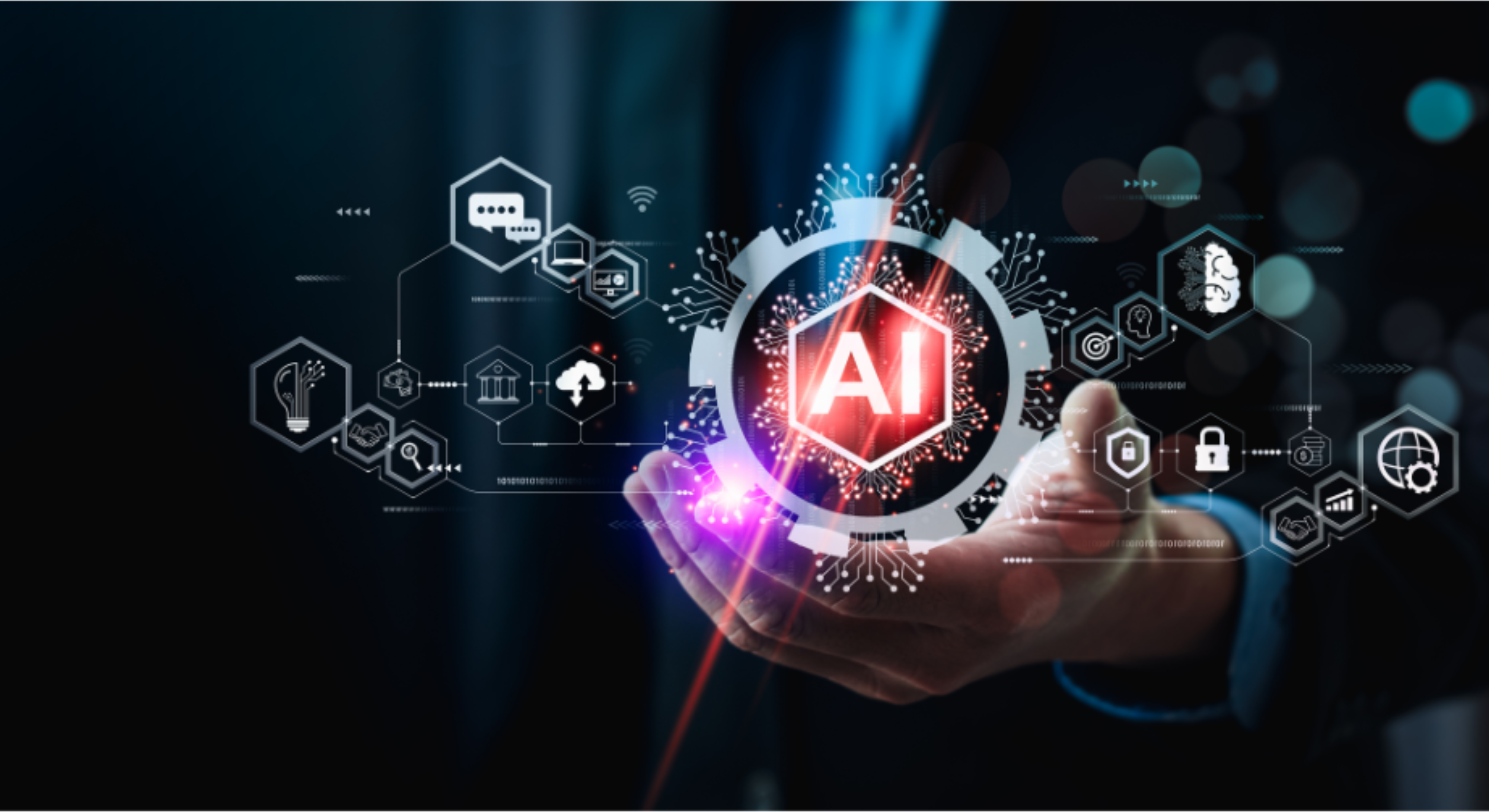The first IAEA Collaborating Centre to aid the Agency’s efforts in artificial intelligence (AI) for nuclear power applications, encompassing reactor design, plant operations, and training, is the Center for Science of Information at Purdue University in the United States. AI, coupled with machine learning techniques, is enhancing operations and maintenance in the nuclear industry due to advancements in computational resources and data analysis tools. This technology is also facilitating the progression of innovative nuclear power technologies like small modular reactors (SMRs).
Mikhail Chudakov, IAEA Deputy Director General and Head of the Department of Nuclear Energy, highlighted the significance of leveraging AI to drive innovation in the global nuclear sector, especially as more countries turn to nuclear energy for addressing climate change and sustainable development. The Collaborating Centre agreement, spanning five years, aims to bolster IAEA’s initiatives in AI for nuclear power, fostering knowledge exchange and programmatic activities. These efforts include benchmark exercises to enhance confidence in AI technology for nuclear power applications, the establishment of a “benchmarking hub” for coordination and data management, and other relevant activities in collaboration with IAEA Member States.
AI presents opportunities to optimize various processes within nuclear power plants, from enhancing efficiency and ensuring a stable electricity supply based on real-time data to automating routine tasks through robotics and AI systems. This technology can also enhance fuel efficiency and maximize reactor energy output.
The Collaborating Centre at Purdue University plays a crucial role in instilling confidence in AI applications for critical systems like nuclear reactors, as emphasized by Hany Abdel-Khalik, Professor of Nuclear Engineering at the Center for Science of Information. Tatjana Jevremovic, an expert from the IAEA’s Nuclear Power Technology Development Section, acknowledged the potential of AI to advance efficiency and sustainability in the nuclear power sector.
This initiative aligns with the IAEA’s commitment to supporting countries interested in utilizing AI for nuclear science and technology. Recent efforts include a 2022 publication outlining challenges and priorities for future AI activities, particularly in the nuclear power domain. The IAEA’s International Network on Innovation to Support Operating Nuclear Power Plants (ISOP) is exploring regulatory and technical aspects of AI deployment, with ongoing research projects focusing on securing AI and other innovative technologies proposed for SMRs.
Furthermore, the agreement with Purdue University follows the recent designation of the Massachusetts Institute of Technology (MIT) Plasma Science and Fusion Center as the first Collaborating Centre dedicated to accelerating fusion research, with a focus on AI applications to advance the IAEA’s AI for Fusion initiative.
The IAEA collaborates with designated institutions globally through its Collaborating Centres network to promote the peaceful use of nuclear technologies. These organizations contribute to original research, development, and training related to nuclear science, technologies, and their safe applications. With the addition of the Center for Science of Information at Purdue University as a Collaborating Centre, the total number of active Collaborating Centres worldwide has reached 73.
?x-oss-process=image/auto-orient,1/quality,q_90/format,webp)










